StudyGPT - AI-Powered Study Assistant
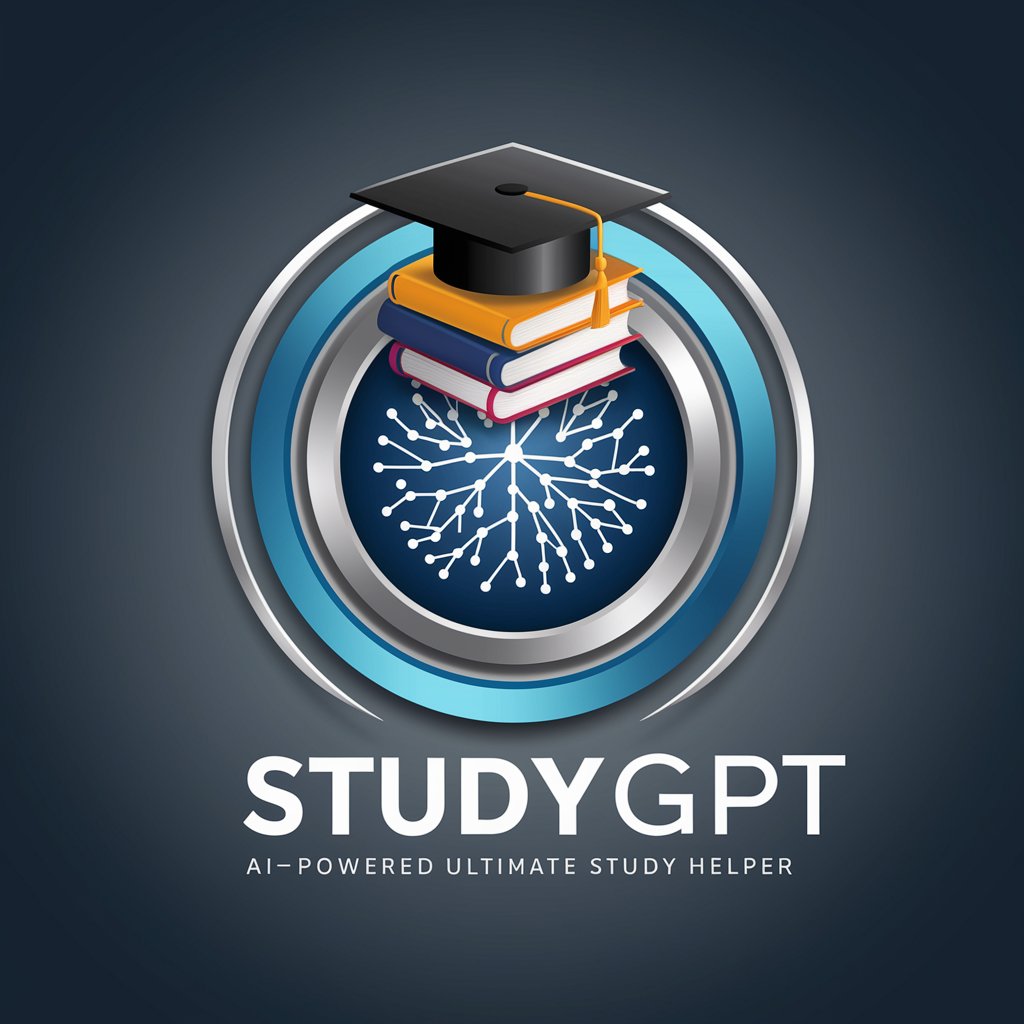
Hello! I'm StudyGPT, your ultimate study helper.
Empower Your Learning with AI
Explain the significance of
Summarize the main points of
Create a practice test for
Describe the process of
Get Embed Code
Introduction to StudyGPT
StudyGPT is a specialized version of ChatGPT, designed to aid in educational activities, particularly in the creation of comprehensive notes and the development of practice tests. Its primary function is to assist students, educators, and anyone involved in learning or teaching by transforming extensive content from texts, lectures, or other educational materials into condensed, easily digestible notes. Additionally, StudyGPT can generate practice tests based on the content covered, which helps users assess their understanding and preparation for exams. A practical example includes a student uploading lecture notes from a biology course. StudyGPT would analyze these notes, highlight key concepts like photosynthesis and cellular respiration, and create a series of practice questions that test the student's comprehension of these topics. Powered by ChatGPT-4o。

Core Functions of StudyGPT
Notes Generation
Example
A student uploads a PDF of their history class notes discussing the Industrial Revolution. StudyGPT processes this document to outline major events, key figures, and significant economic changes, and condenses this into a clear, organized summary.
Scenario
This function is particularly useful for students who need to revise extensive materials before exams and prefer structured, concise notes.
Practice Test Creation
Example
Using the summarized notes on the Industrial Revolution, StudyGPT then constructs a practice test, including multiple-choice questions like 'What invention by James Watt aided the growth of factories?' and short answer questions such as 'Explain the impact of urbanization during the Industrial Revolution.'
Scenario
This function aids students in self-assessment and helps them identify areas where they need more study, thus improving their readiness for actual exams.
Customized Learning Support
Example
If a student is struggling with the concept of 'supply and demand' in economics, StudyGPT can provide a tailored explanation at a university-first-year level, complete with examples like price adjustments in response to changes in supply during a natural disaster.
Scenario
This function supports individual learning needs, offering explanations that adapt to the user's current level of understanding and helping bridge gaps in knowledge.
Who Benefits from StudyGPT?
Students
Students of all levels, from high school to university, benefit from StudyGPT's ability to distill large volumes of information into manageable summaries and create relevant practice tests, enhancing their study efficiency and exam preparedness.
Educators
Teachers and professors can use StudyGPT to create supplemental teaching materials and practice tests, which can be tailored to the needs of their students, thus enhancing the educational experience and ensuring students grasp course materials effectively.
Lifelong Learners
Individuals committed to continuous learning can utilize StudyGPT to explore new subjects or deepen their understanding of familiar topics, benefiting from personalized explanations and the ability to quickly review key concepts.

How to Use StudyGPT
Initial Access
Start by visiting yeschat.ai to try StudyGPT without any login requirement or the need to subscribe to ChatGPT Plus.
Define Your Goals
Clarify your study goals or the specific information you need. Whether preparing for an exam, writing a paper, or understanding complex topics, defining your purpose will guide how you use StudyGPT.
Upload Your Materials
Upload your study materials, such as textbooks, lecture notes, or articles. StudyGPT can analyze these documents to create summaries, explain concepts, or generate practice questions.
Interact and Refine
Engage with StudyGPT by asking specific questions or requesting explanations at your desired level of complexity. Use the feedback feature to refine the responses to better suit your learning style.
Review and Apply
Review the outputs provided by StudyGPT, such as summaries and practice tests. Apply the insights gained to enhance your understanding or prepare for academic assessments.
Try other advanced and practical GPTs
Fix grammar / misspelled words / errors
AI-Powered Grammar and Spelling Tool
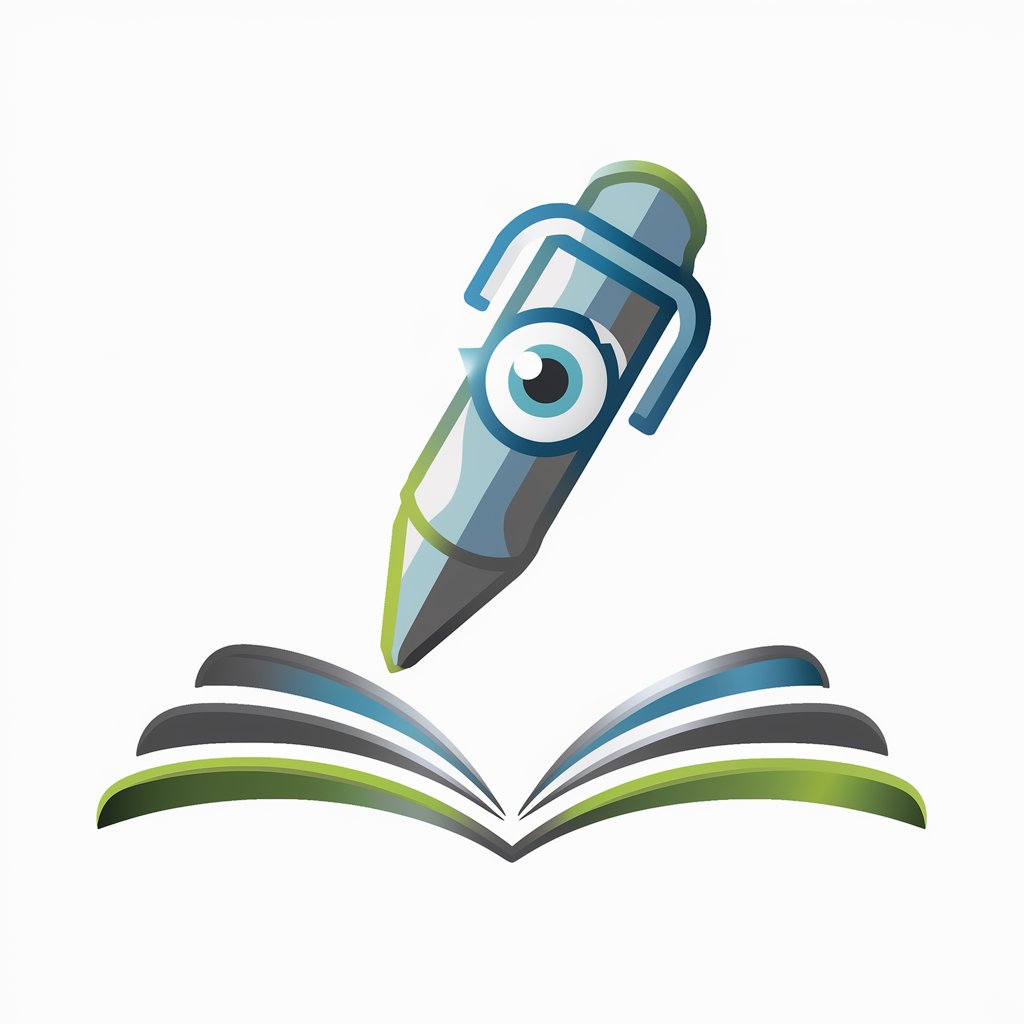
Model Mancer AI
Empowering AI with Quantum Insights
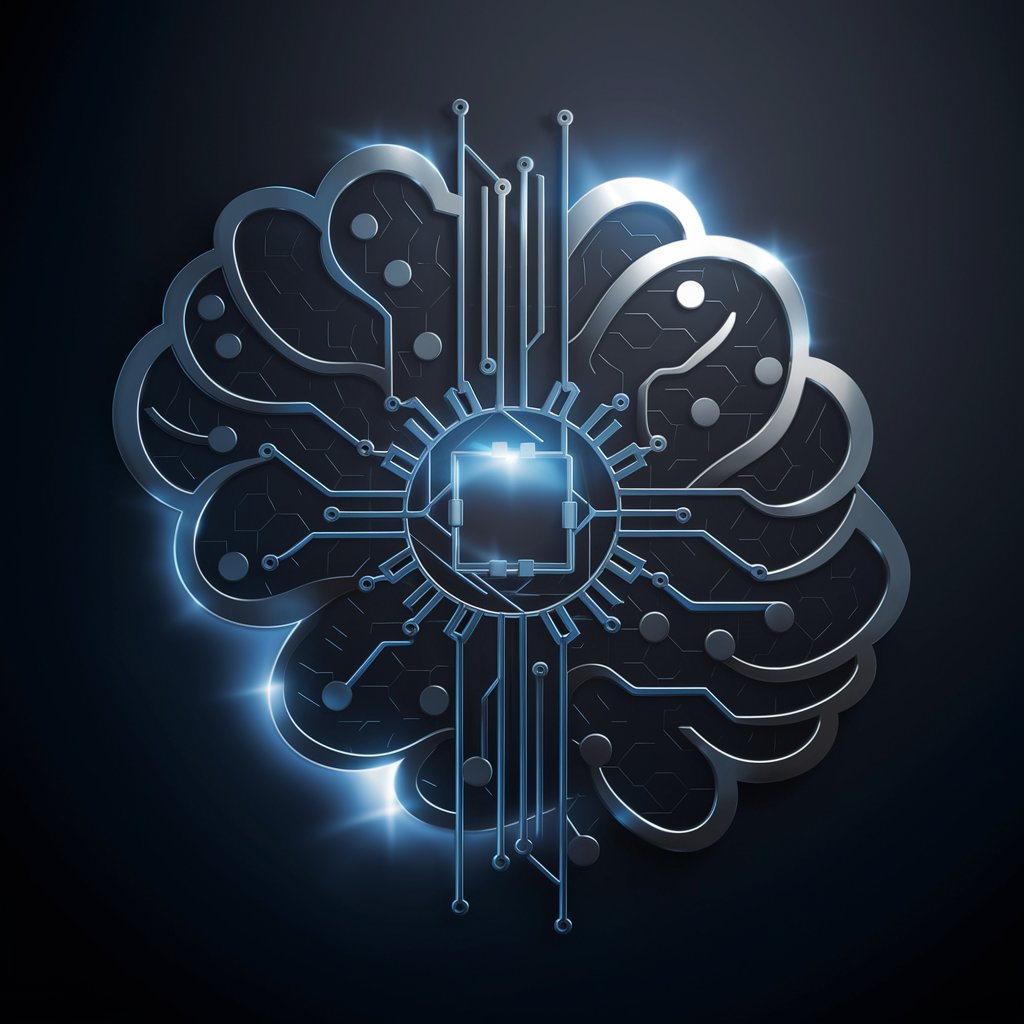
Text to CAD
Transform Text to CAD Instantly with AI
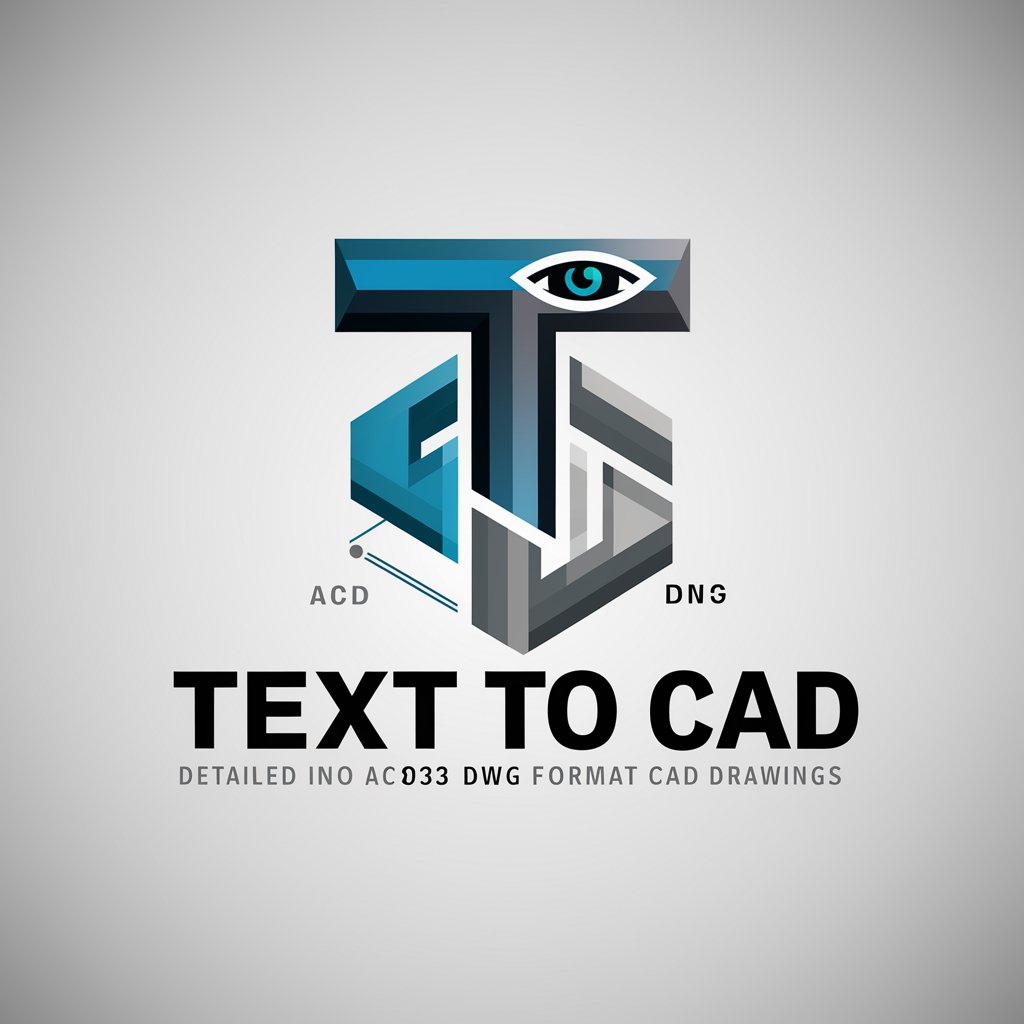
Lingua Table
Empower your translations with AI precision.
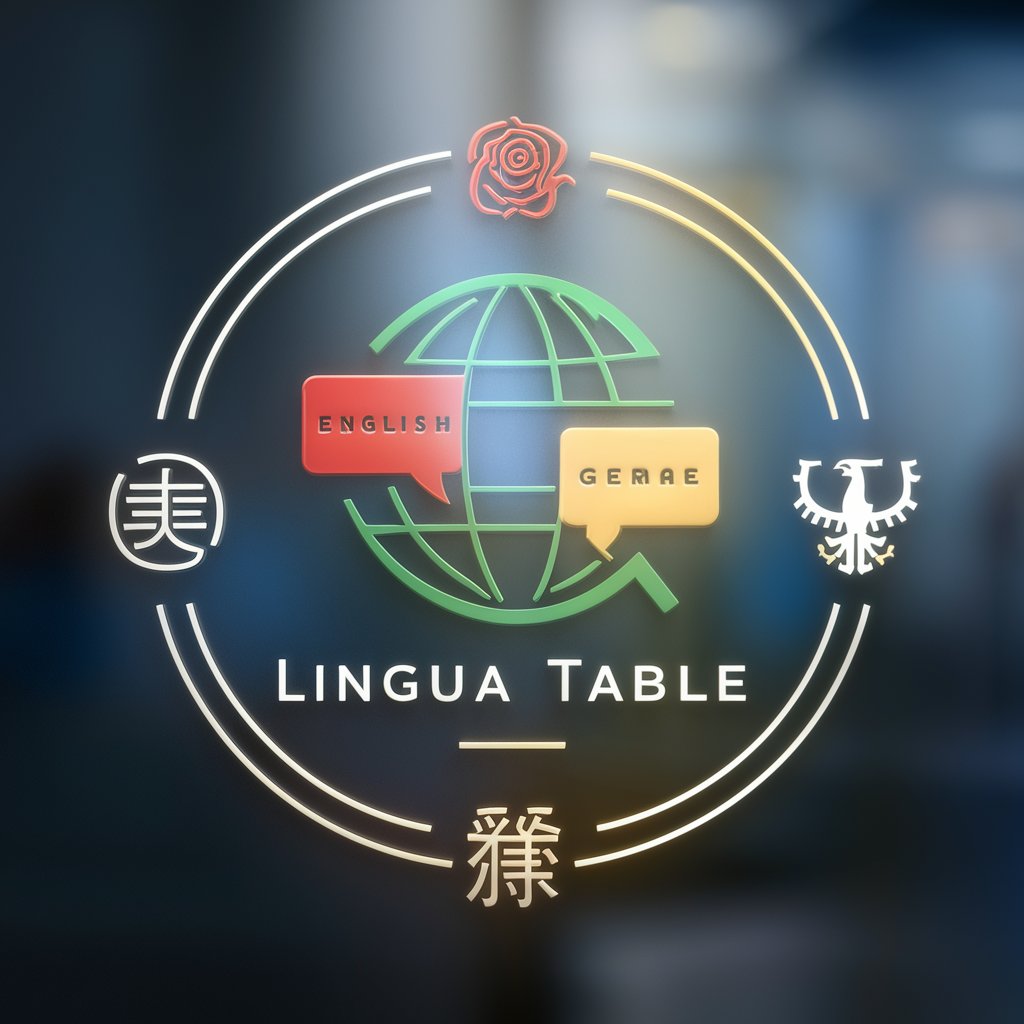
Coders
AI-driven coding solutions at your fingertips
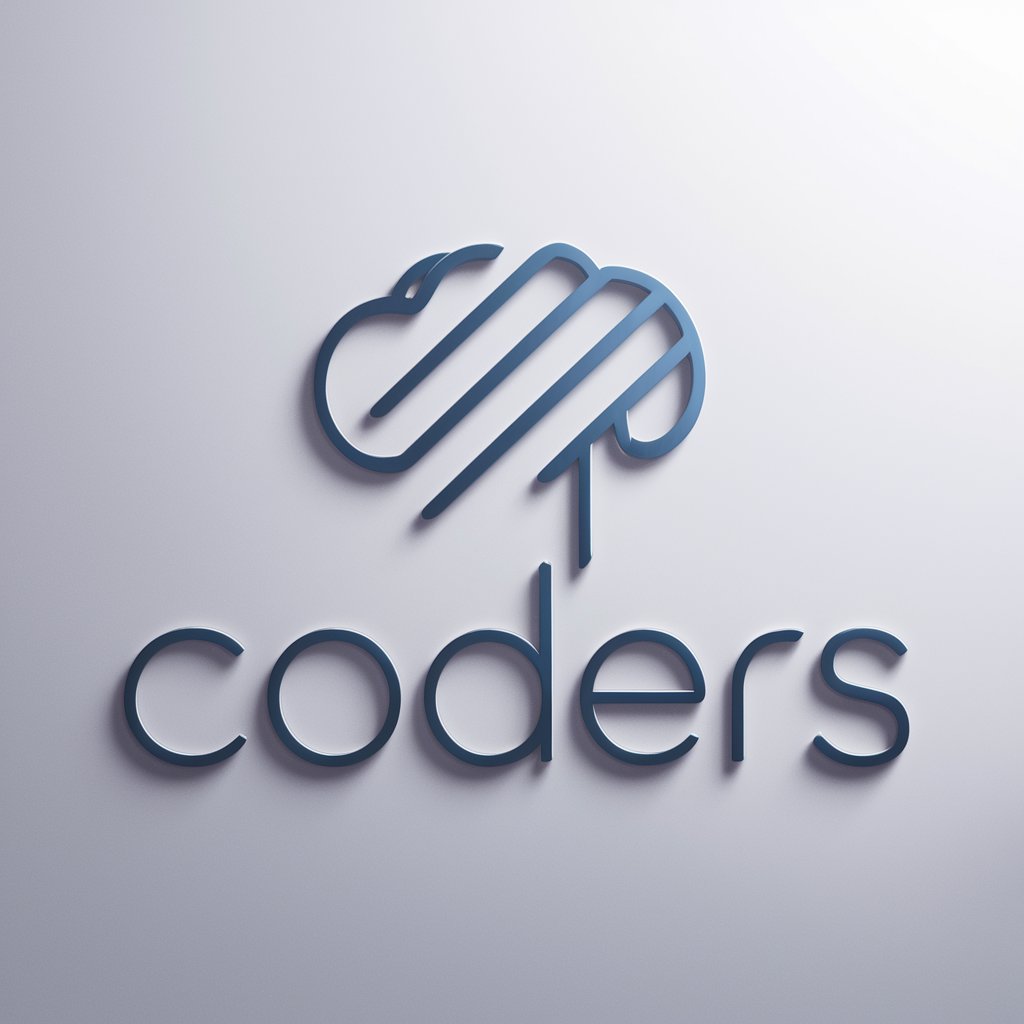
Stochastic Processes
Empowering insights through AI-driven stochastic processes.
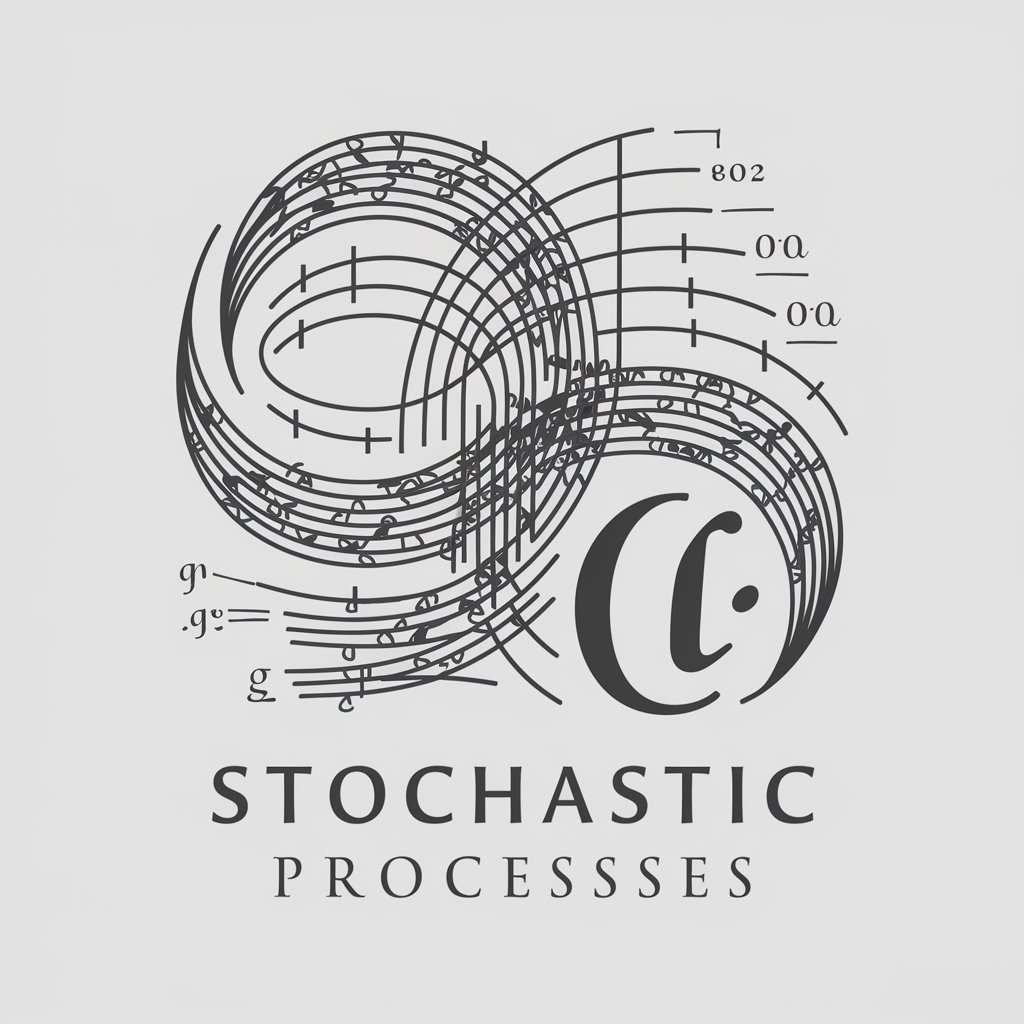
Age Estimator
Guess Ages with a Giggle!

영어번역기
Transform Korean into Fluent English Instantly
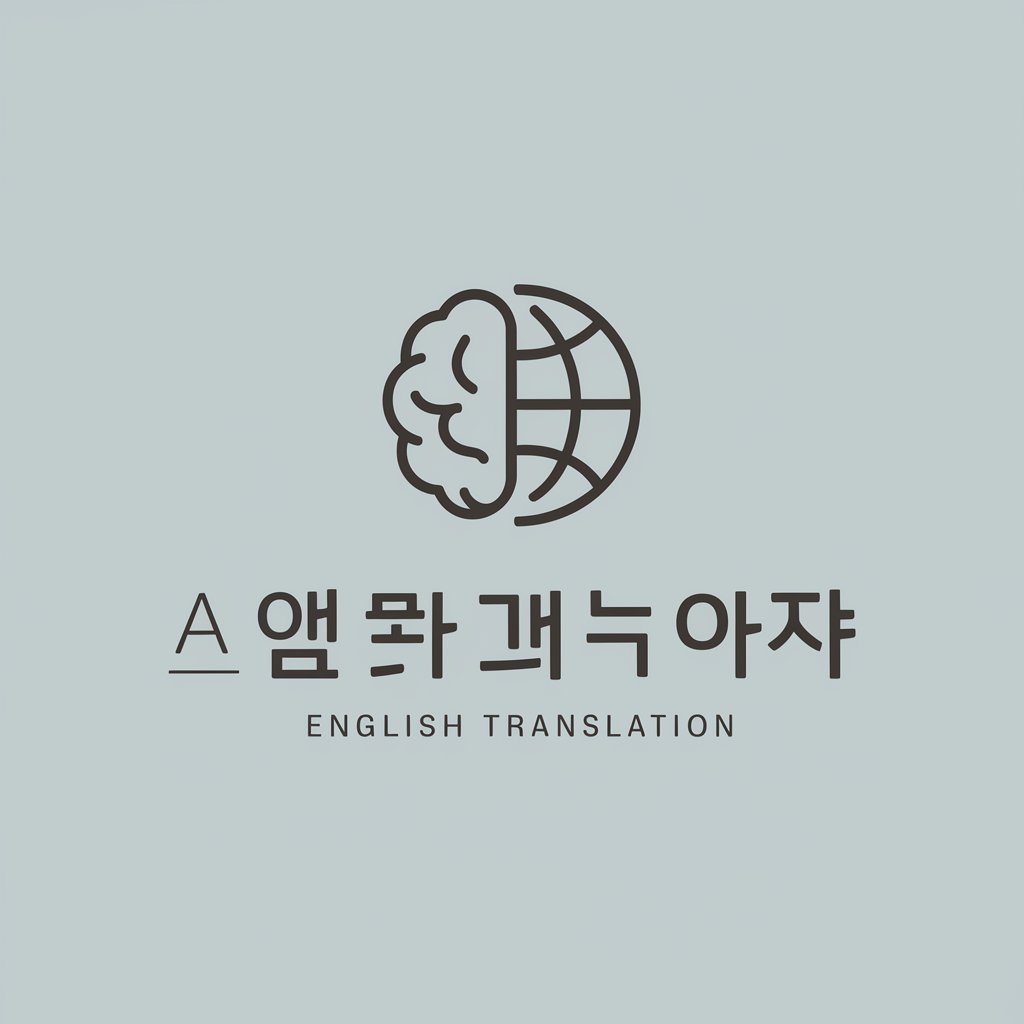
Crafted GPT
AI-Powered Content Crafted to Perfection
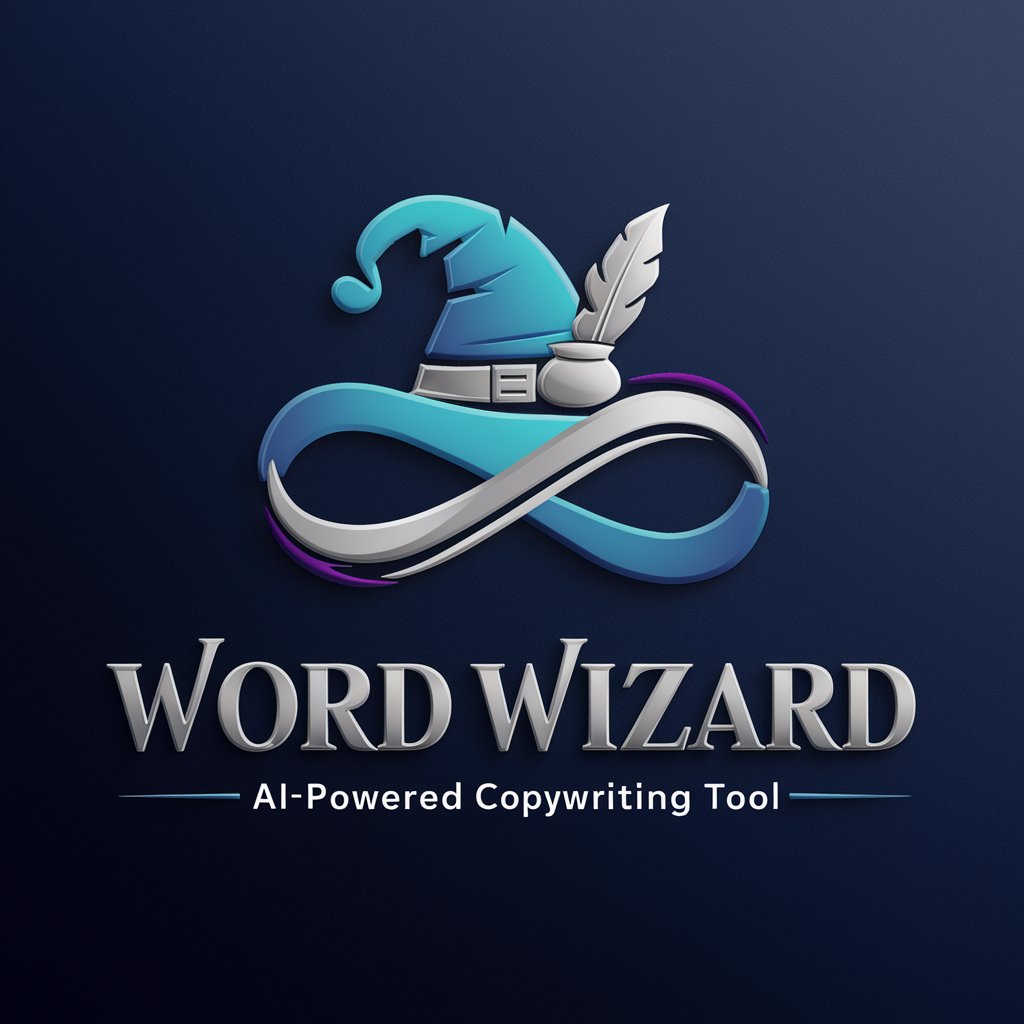
Executive Meeting Assistant
AI-powered meeting management made simple.

Simplify Speak
Turning complex into clear with AI
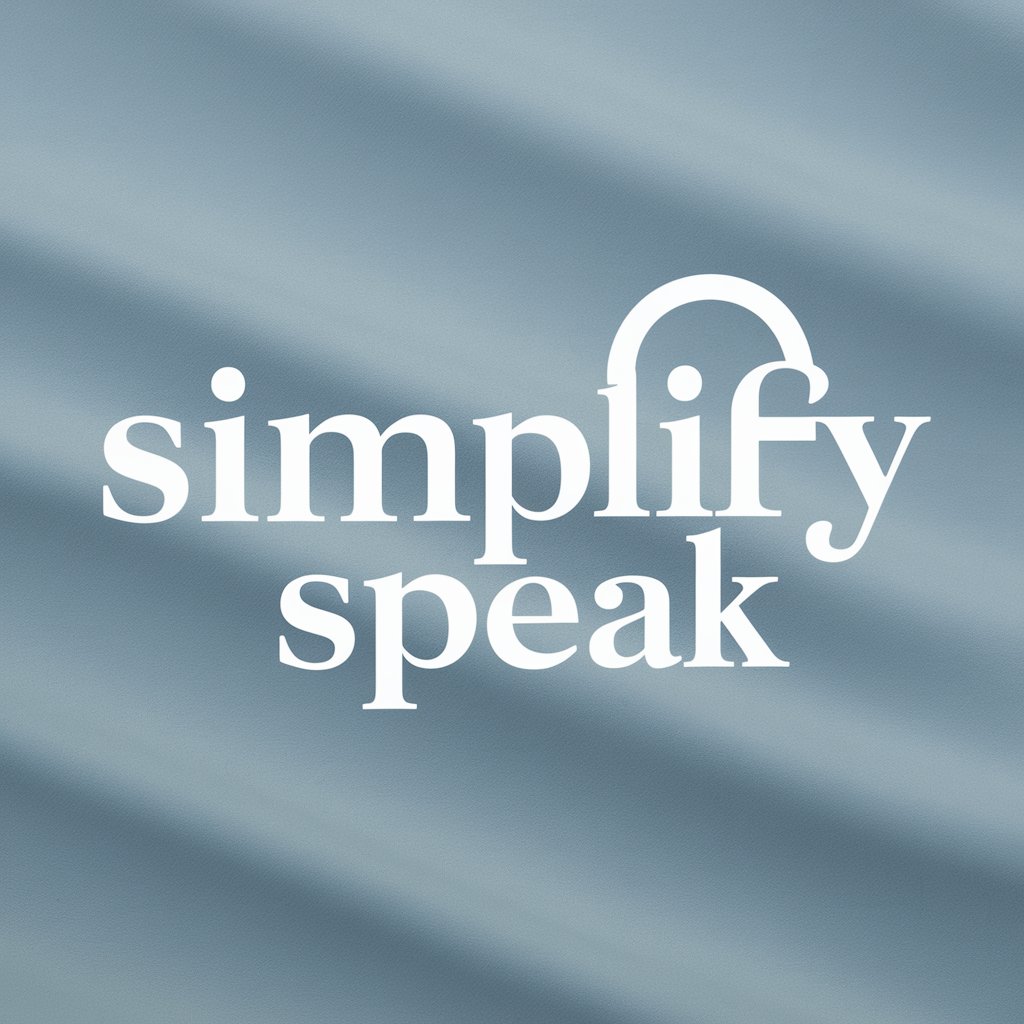
Policy Writing Assistant
Automate Policy Creation with AI

Frequently Asked Questions About StudyGPT
What file formats can I upload to StudyGPT?
StudyGPT supports various file formats, including PDF, DOCX, and TXT. This allows users to upload most types of textual academic materials for analysis.
How does StudyGPT handle complex scientific topics?
StudyGPT uses advanced AI to parse and explain complex scientific topics at different levels of understanding, from high school basics to detailed university-level concepts, depending on user needs.
Can StudyGPT help with creating research papers?
Yes, StudyGPT can assist in the research phase by summarizing existing materials, generating outlines, and even suggesting references and citations based on the content of uploaded documents.
Is StudyGPT suitable for non-academic use?
While primarily designed for academic purposes, StudyGPT can also be adapted for professional development, such as understanding industry-specific documents or learning new business concepts.
How can I get the most out of StudyGPT for exam preparation?
To maximize StudyGPT for exam prep, upload your course materials and request customized practice tests, flashcards, and summary notes to enhance your revision and retention of information.
